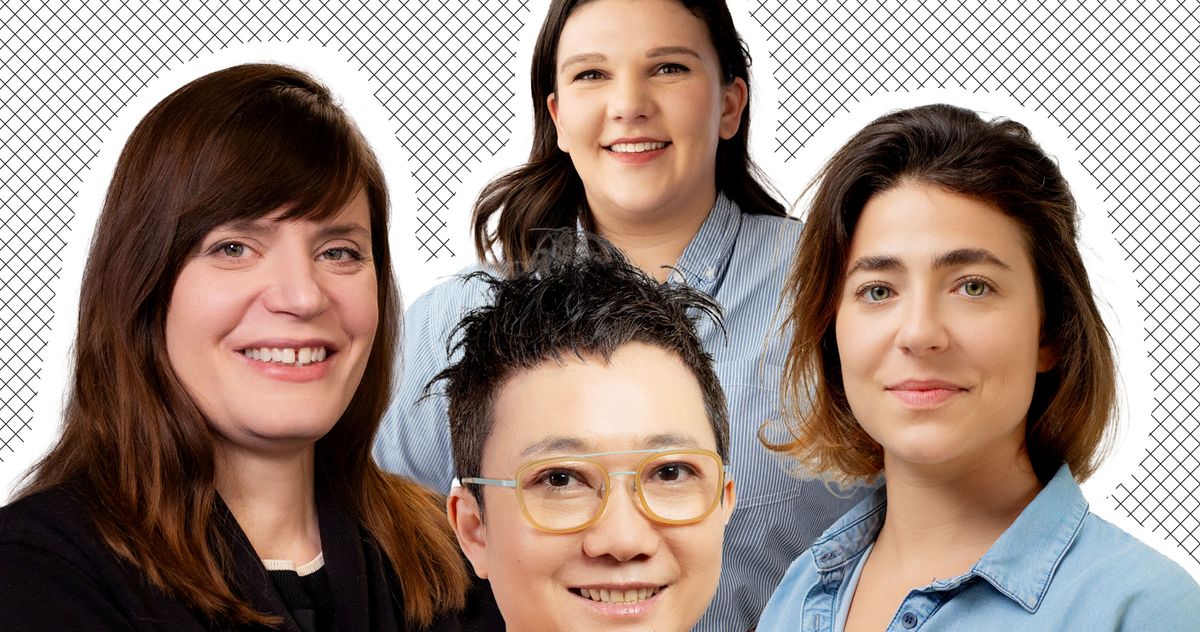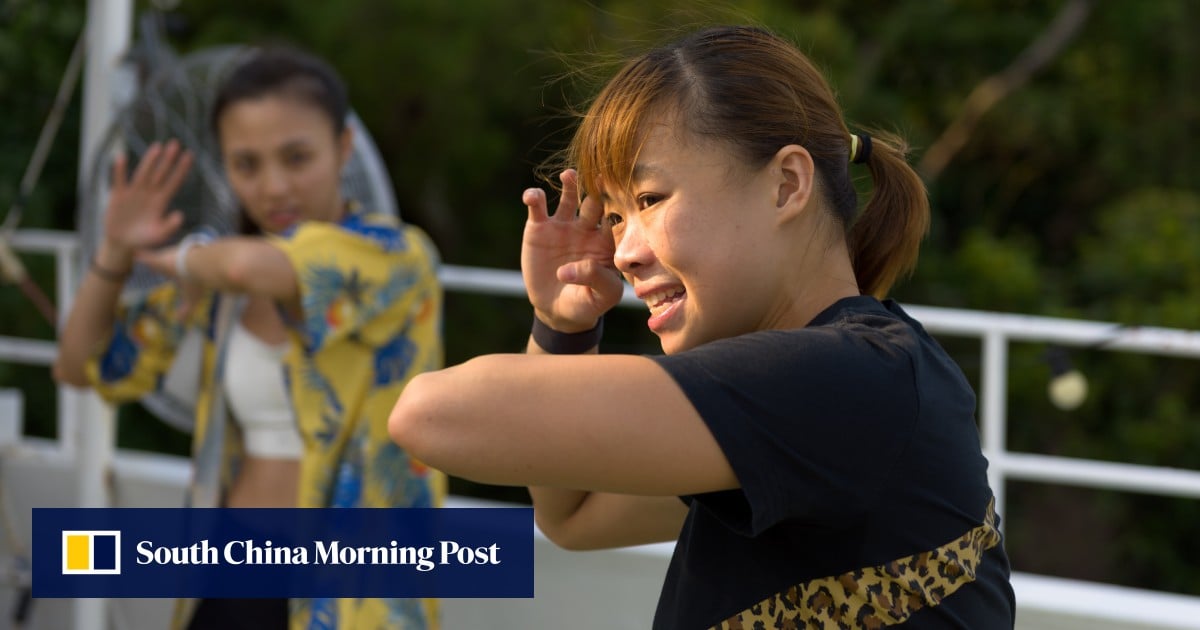Fashion
The 4 Cartier Fellows Embracing Innovation in Fashion

Photo-Illustration: by The Cut; Photos: Courtesy of Cartier
The 2024 cohort of Cartier fellows is here, and they’re pioneering everything from technology to fashion. Since the program’s inception in 2006, the distinguished jewelry brand has awarded its 300 fellows over $2 million in funding to aid their growing businesses and has represented over 60 countries. While this year’s cohort has 33 fellows, there are four who are representing change within the fashion industry, focusing on environmentalism and accessibility.
The 2024 Cartier Women’s Initiative award ceremony will be held in Shenzhen, China, on May 22 and will award first place, second place, and third place for 11 awards. The first-place awardees will receive $100,000, the second-place awardees $60,000, and third-place awardees $30,000. Below are the fashion-focused fellows for the CWI.
Isabela Chusil: From Brazil, Chusil is the CEO of Linus, a brand that creates eco-friendly PVC sandals that are 100 percent recyclable. “We envision a world where sustainability is seamlessly integrated into everyday life and people understand that their decisions can have a positive impact on the environment,” says Chusil. The sandals feature dual, adjustable straps and come in a wide range of colors, including metallics, a bright orange perfect for summer, and a range of pastels. They’re completely vegan and produced in Brazil to lower emissions, and the company is also carbon-negative.
Mira Nameth: Nameth’s brand, Biophilica, makes leather items from a 100 percent plastic-free alternative called Treekind. It’s made from leaves and other raw materials that are biodegradable and home-compostable. “Not only is the production of Treekind safe for the workers who are making it, but it’s also nontoxic for the consumer wearing it,” Nameth tells Cartier. “It doesn’t put harmful chemicals into the environment or contribute to plastic pollution in our oceans.”
Erica Cole: Cole’s brand No Limbits stems from her difficulty in finding clothing after losing her leg in an accident. After starting an alterations business catering to others with disabilities, she created the brand to offer a range of clothing tailored for ease of dressing for several kinds of people within the disabled community. Cole explains, “Adaptive fashion done right is an opportunity for self-expression that hasn’t been given to people with disabilities because of accessibility.” Plans for No Limbits include expansion outside of the United States.
Emily Yu: Ginger Ah, based in China, was created by lingerie designer Yu to give breast-cancer patients a comfortable and properly fitting bra. Most patients end up self-altering, but Yu’s designs feature a two-piece structure and an adjustable insert made of silicone and foam to resemble a natural breast. The brand plans to expand to include sports bras, swimsuits, and loungewear. “Our goal is to help women regain their confidence after overcoming the challenges of cancer treatment so they can resume their normal lives,” says Yu.









